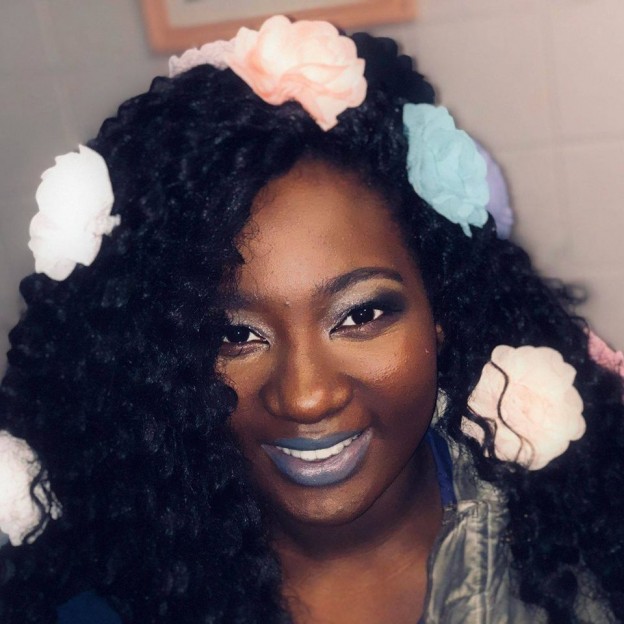Zara Williams-Nicholas ‘19 is an international student from Jamaica, majoring in mathematics and dance at Swarthmore College. Williams-Nicholas started dancing when she was living in Jamaica, beginning ballet classes at the age of two. However, after moving to Massachusetts for high school, she was forced to stop taking dance classes due to financial obstacles.
Williams-Nicholas did not initially consider majoring in dance since dance is not usually associated with economic stability. “I was thinking I had to have a major that would help support me financially,” Williams-Nicholas said. “I chose math because the analysis of structures really interested me.”
Remarkably, it was mathematics that led Williams-Nicholas back to her interest in dance. “It was later on that I realized that the analysis of geometric and other structures could be applied to movement creation as well,” Williams-Nicholas said.
In her junior year, Williams-Nicholas took classes in improvisation and contemporary dance. Because of her experiences in those classes, she reconnected with dance and began identifying strongly as a dancer. “I felt as if I had found dance styles that really resonated with me as an artist in contemporary dance class,” Williams-Nicholas said. “As for improvisation, I began using dance as a framework for everyday life, exploring movement practices and creation even outside of class.
Through dance, Williams-Nicholas has been able to challenge herself, especially since she had to complete most of the major in one year. “I sometimes feel physically fatigued, but my love for what I do pushes me forward,” Williams-Nicholas said.
Furthermore, Williams-Nicholas uses dance as a conduit for self-love. “It is an art form that lets you communicate with the world in a way that I personally find very pleasing,” Williams-Nicholas said. “It is also a process wherein you can really begin to love your body for what it can do, and where you can get out of the habit of disliking the look of your body.”
For Williams-Nicholas, dance is not just about mastering the technical aspects—it is also about discovering how your body moves through space. “You become aware of small movements and tendencies in your body that you may not have been aware of beforehand,” Williams-Nicholas said. “You can create movement that is unique to your body and that tells a story that you want to tell.”
“I have learned bodily awareness for myself and for others, and I have learned about the idea of consent while partnering or doing group work,” Williams-Nicholas continued.
Before coming to Swarthmore, Williams-Nicholas choreographed an original piece at her old school in Jamaica. She attributes that performance as one of the happiest times of her life. At Swarthmore, she has choreographed a piece in response to Thomas DeFrantz’s visit to her contemporary dance class. “The piece focused on blackness in dance and how that tends to be received,” Williams-Nicholas said.
Currently, Williams-Nicholas has many projects in progress. For the upcoming Fall Dance Concert, she is working on Professor Stephanie Liapis’s modern dance piece and on Professor LaDeva Davis’s tap dance piece. Additionally, Williams-Nicholas is a part of student dance group Terpsichore, working on a piece about her personal life, which she hopes to reflect through movement. She recently joined Rhythm and Motion, a tri-co student dance group, and is working on various pieces for that group, as well.
After graduation, Williams-Nicholas hopes to continue dancing. “I hope to use both my majors after graduation, doing some combination of problem-solving and movement for the rest of my life” Williams-Nicholas said. “I want to be financially stable, I want the ability to dance onstage and to choreograph, and I want to continue to develop my dance practice in a safe way so that I can dance for as long as possible.”
David Chan ‘19
